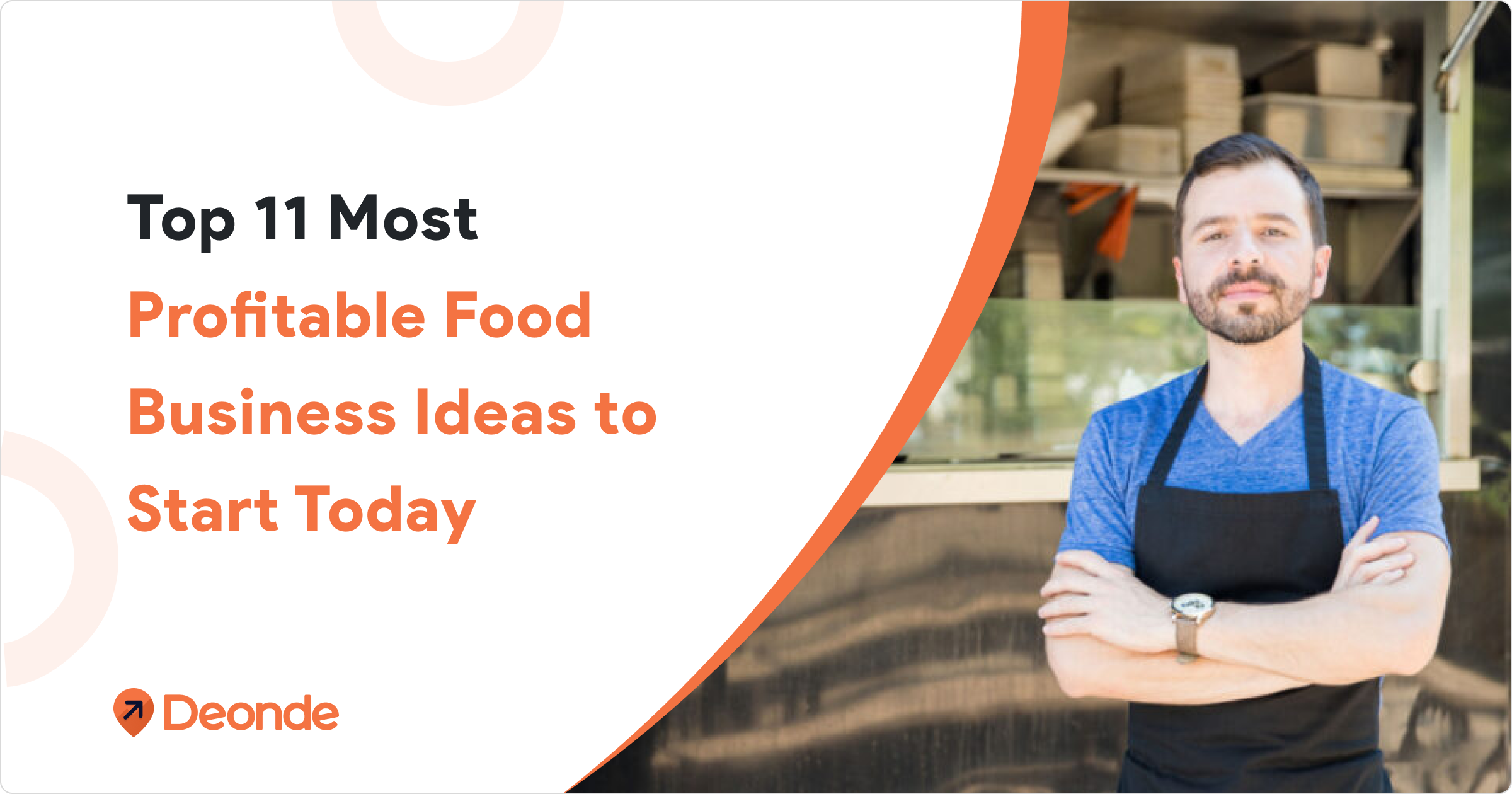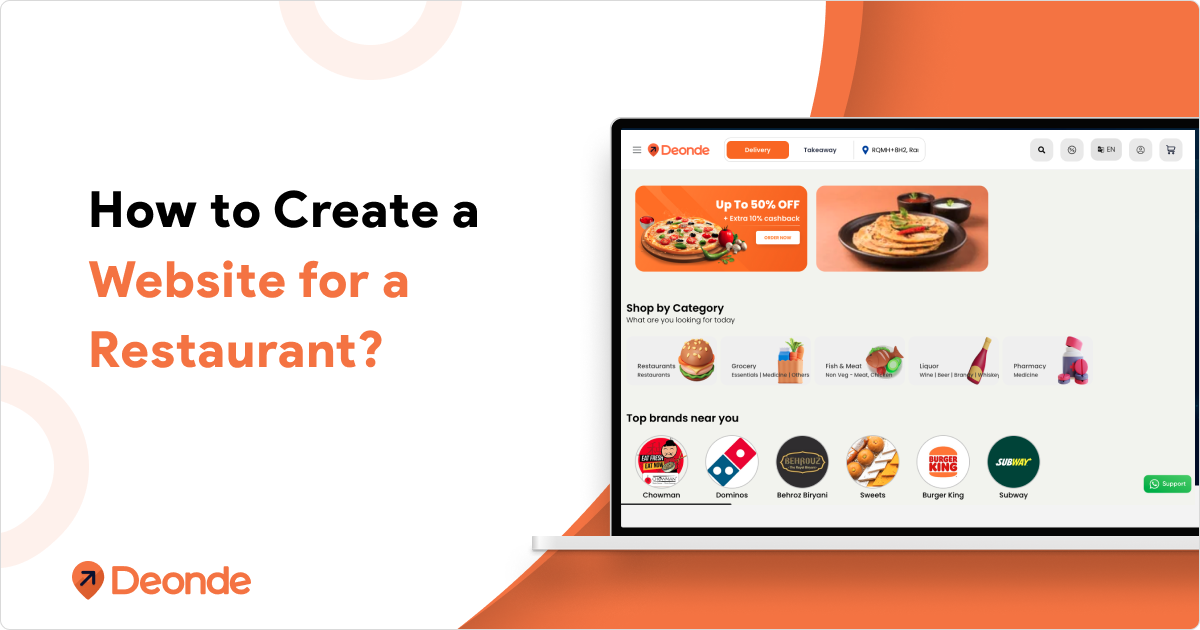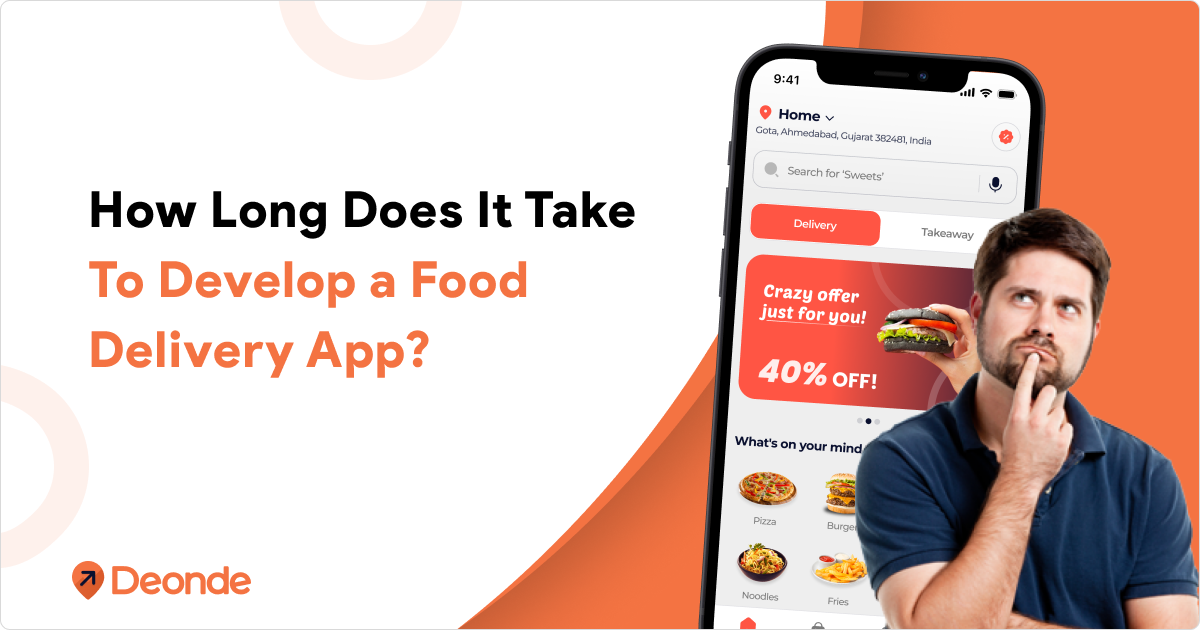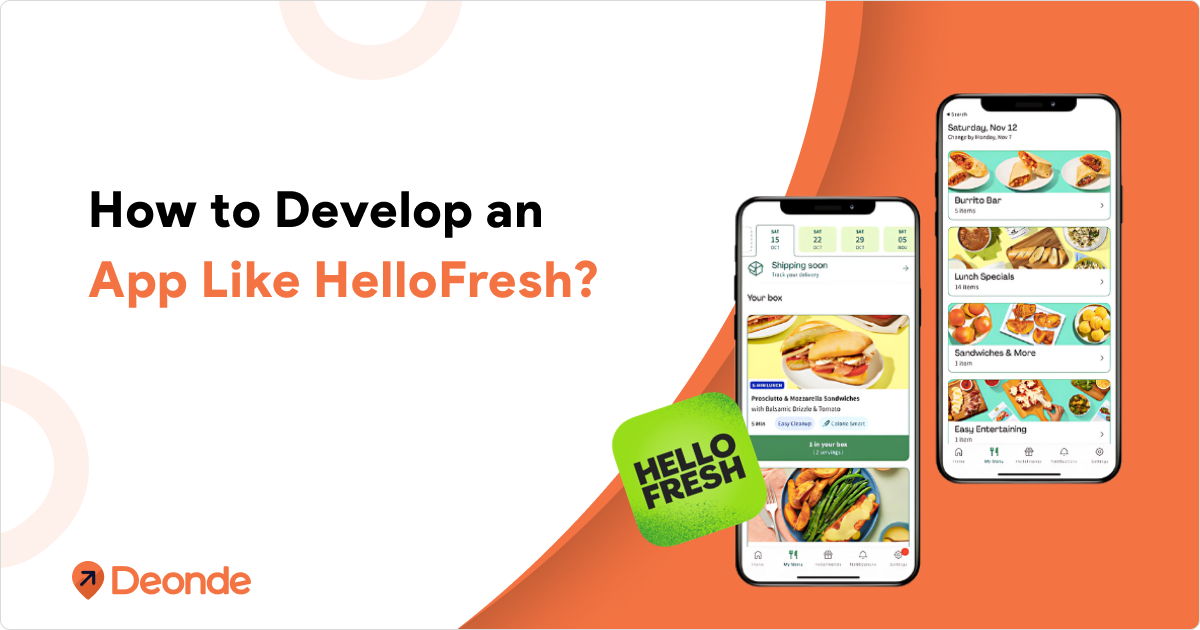The food industry never goes out of style — people will always love to eat. But as consumer habits change, so do the types of food businesses that thrive. If you’re thinking about turning your passion for food into a profitable venture, 2025 is the perfect year to get started. Whether you’re a culinary expert, a home cook, or an entrepreneur searching for scalable opportunities, the food world offers endless possibilities.
The global food and beverage market is expected to hit $9.42 trillion in 2029, offering plenty of room for innovative entrepreneurs. But with so many options out there, which are the most profitable food business ideas? What models are future-proof and align with evolving consumer demands?
This guide explores 10 of the best food business ideas—each with a unique blend of profitability, trendiness, and scalability. Whether you’re starting with a shoestring budget or have funding ready, these options can suit various investment levels and ambitions.
11 Most Profitable Food Business Ideas to Start in 2025
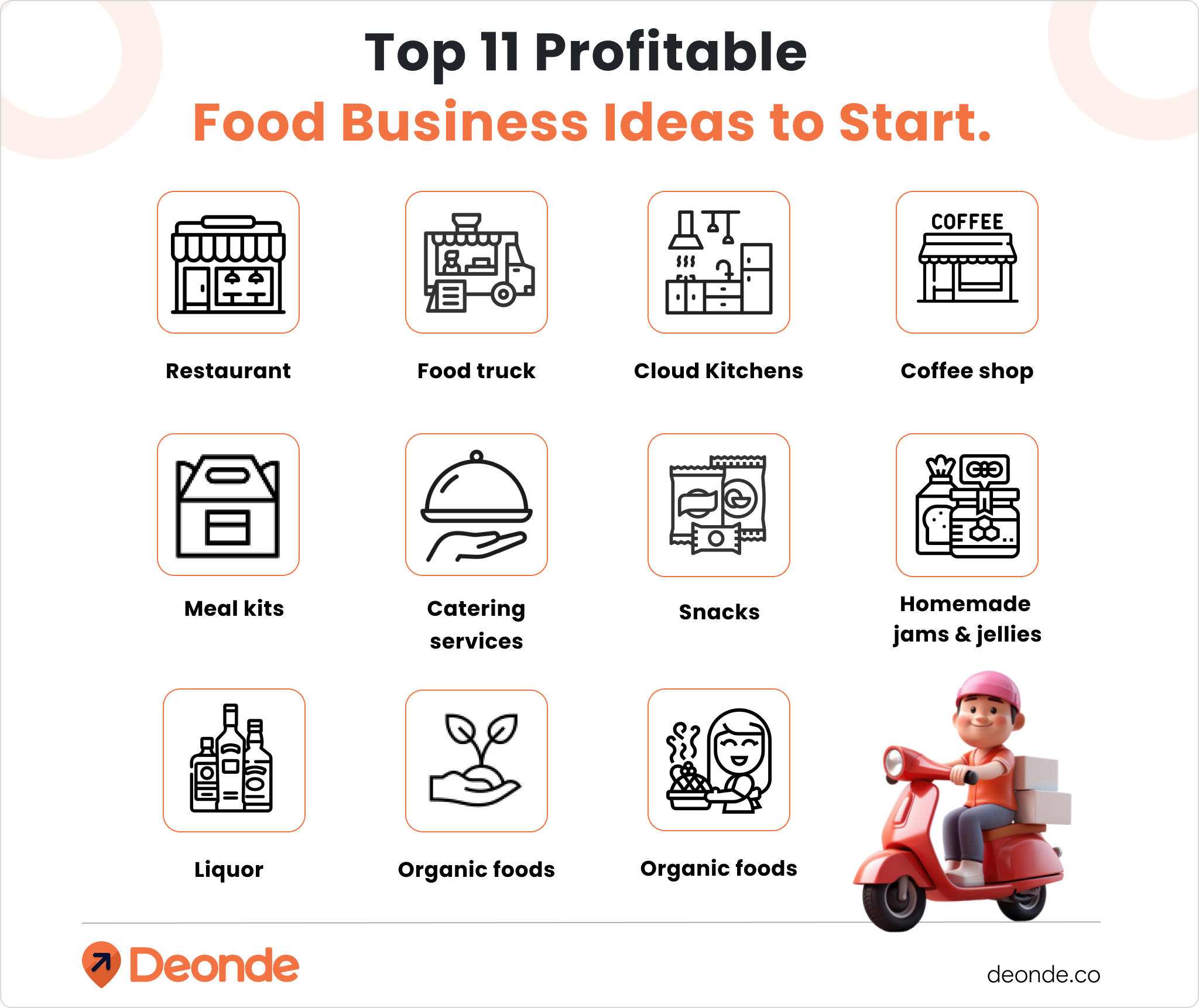
Dine-in restaurant

A restaurant is a traditional food establishment where customers dine in and enjoy freshly prepared meals in a dedicated space. From fine dining to casual eateries, restaurants have long been a cornerstone of the food industry.
Starting a restaurant offers the opportunity to create a complete dining experience—from ambiance and décor to menu and service. While the initial investment may be higher than other food ventures, the potential for long-term profit and brand building is equally significant.
You can tailor your restaurant to a specific theme or cuisine—Indian thali, Italian pasta house, South Asian fusion, or even modern vegetarian fare. The key lies in consistency, location, and customer experience. A well-run restaurant not only attracts footfall but also earns customer loyalty and word-of-mouth marketing over time.
A well-located, concept-driven restaurant with consistent quality and ambiance remains a cornerstone of the hospitality sector. Over time, it can become more than just a place to eat—it becomes part of the community.
Enhance your restaurant operations with our Restaurant App Builder.
Food truck
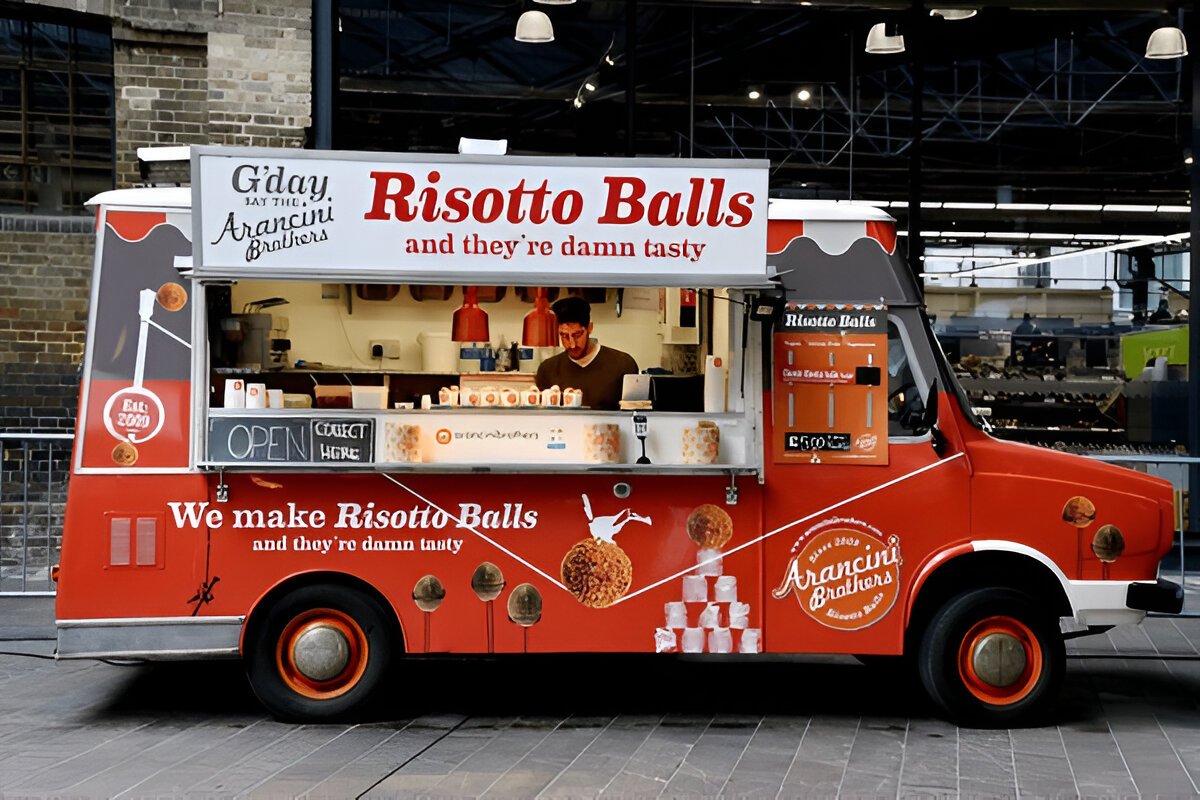
A food truck is a mobile kitchen on wheels that serves food directly to customers in various locations, such as streets, festivals, or events. It’s like a restaurant on the go, offering everything from tacos to gourmet desserts.
A food truck venture is perfect for individuals who can bypass the hefty overheads involved in establishing a traditional restaurant. With the concept taking off in cities and going strong, It is the most basic yet profitable idea.
You can specialize within a certain cuisine—gourmet burgers, tacos, or vegan cuisine—or go niche into desserts, smoothies, or ethnic fusion cuisine. The best part is that you can take your business to where your customers are.
Cloud Kitchens & Virtual Restaurants
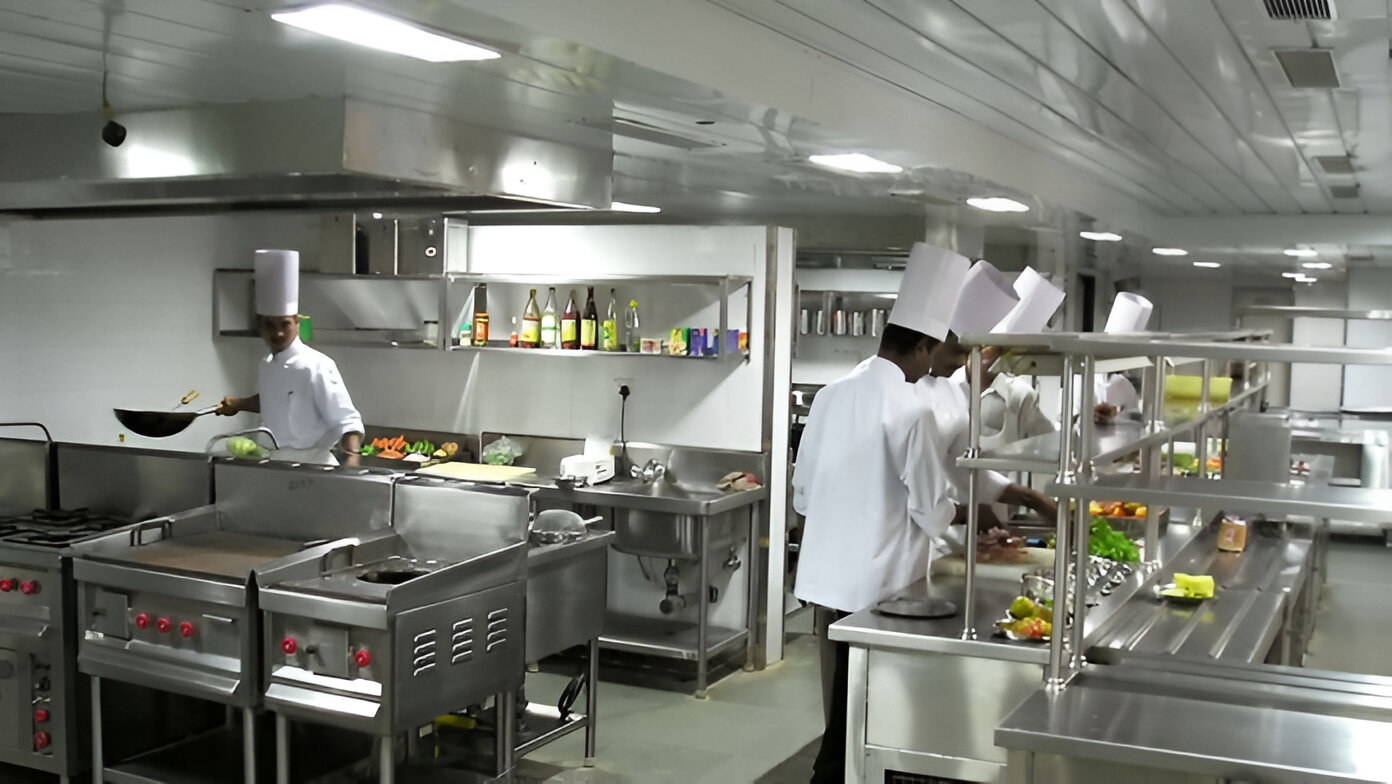
A cloud kitchen is an online-only kitchen preparing food for online orders, without a dine-in restaurant. A virtual restaurant is a brand based out of a cloud kitchen, running multiple brands under one kitchen (e.g., a pizza brand and a sushi brand from the same kitchen).
With food delivery websites, cloud kitchens (also called ghost kitchens or dark kitchens) are changing the restaurant game. These are delivery-only restaurants operating without dine-in facilities.
Cloud kitchens cut rent, staffing, and upkeep expenses, while you can manage multiple food brands under one roof. Think Burgers, pasta, smoothies—all under one kitchen.
Manage multiple brands efficiently with Cloud Kitchen Delivery Software. Cut costs and scale in the digital delivery market.
Coffee shop

A coffee shop is a retail business serving coffee, tea, and light snacks in a cozy, social setting. It’s a community hub where people work, relax, or meet friends.
Despite the competition, coffee shops remain one of the most popular food business ideas in 2025. Today’s consumers are looking for more than just caffeine—they crave ambiance, Wi-Fi, and Instagram-worthy aesthetics.
Specialty coffee, nitro brews, and vegan options can set your café apart. Add co-working zones, sustainable cups, and a few baked goods, and you’ve got yourself a winner.
Meal kits
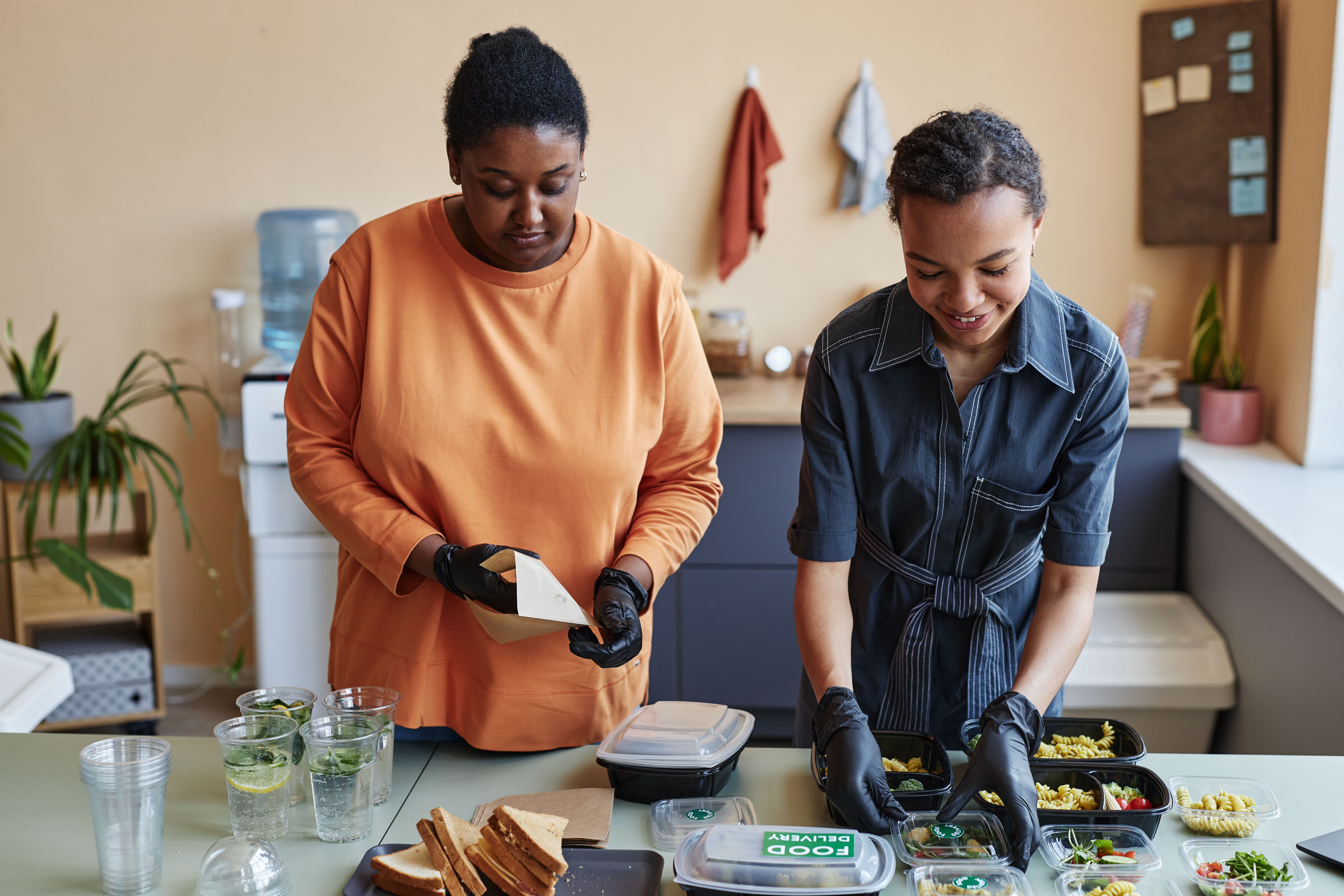
Meal kits are pre-portioned ingredient packages delivered to customers with recipes for home cooking. They’re designed for convenience and healthy eating.
As people get busier but still crave home-cooked food, meal kits have become a go-to solution. These kits contain pre-measured ingredients and instructions, making cooking easier for families, students, and working professionals.
From vegan and keto kits to regional cuisines, this model allows a lot of room for creativity. Plus, you can run it from a home kitchen to start.
Catering services
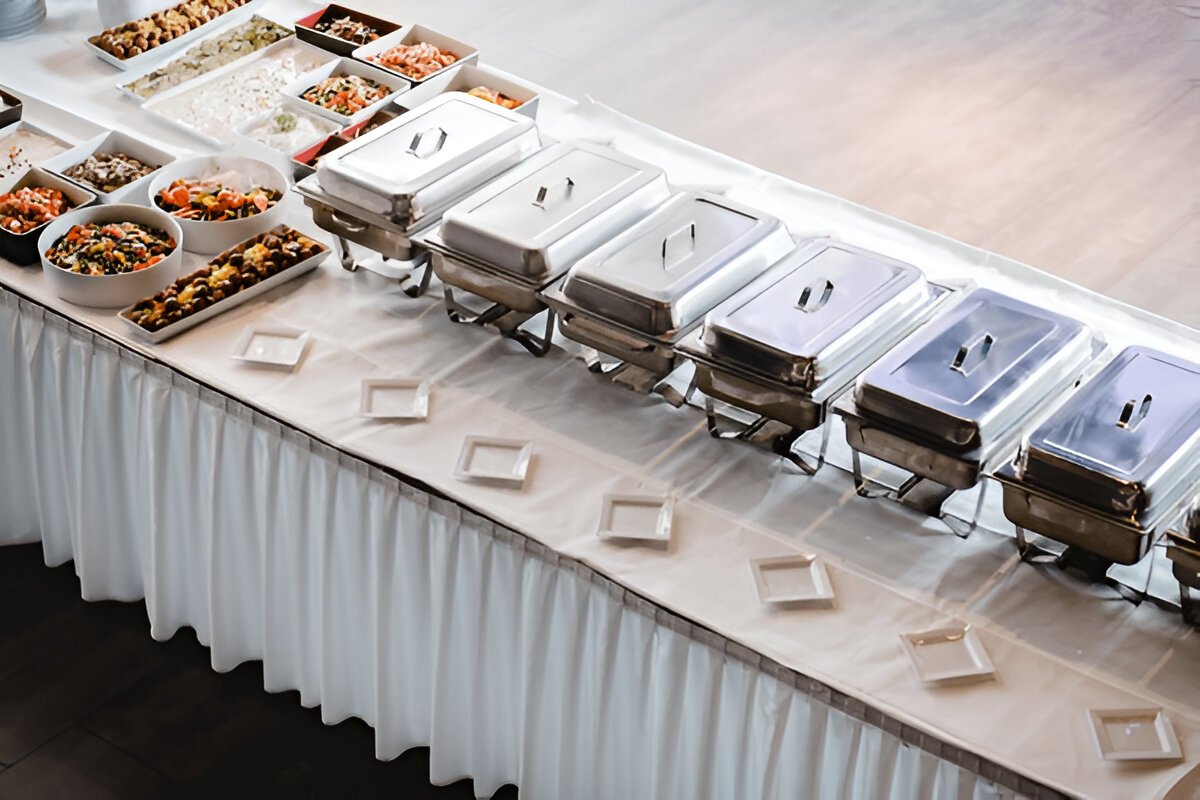
A catering service provides food and beverages for events like weddings, corporate meetings, or private parties, often with customized menus.
Whether it’s weddings, corporate meetings, or private parties, catering services are always in demand. If you excel in large-scale food prep and logistics, this could be the business for you.
You don’t need a storefront to begin—just a reliable kitchen, a transport vehicle, and a good team. Focus on niche events, like vegan weddings or corporate breakfasts, for an edge.
Prepackaged snacks
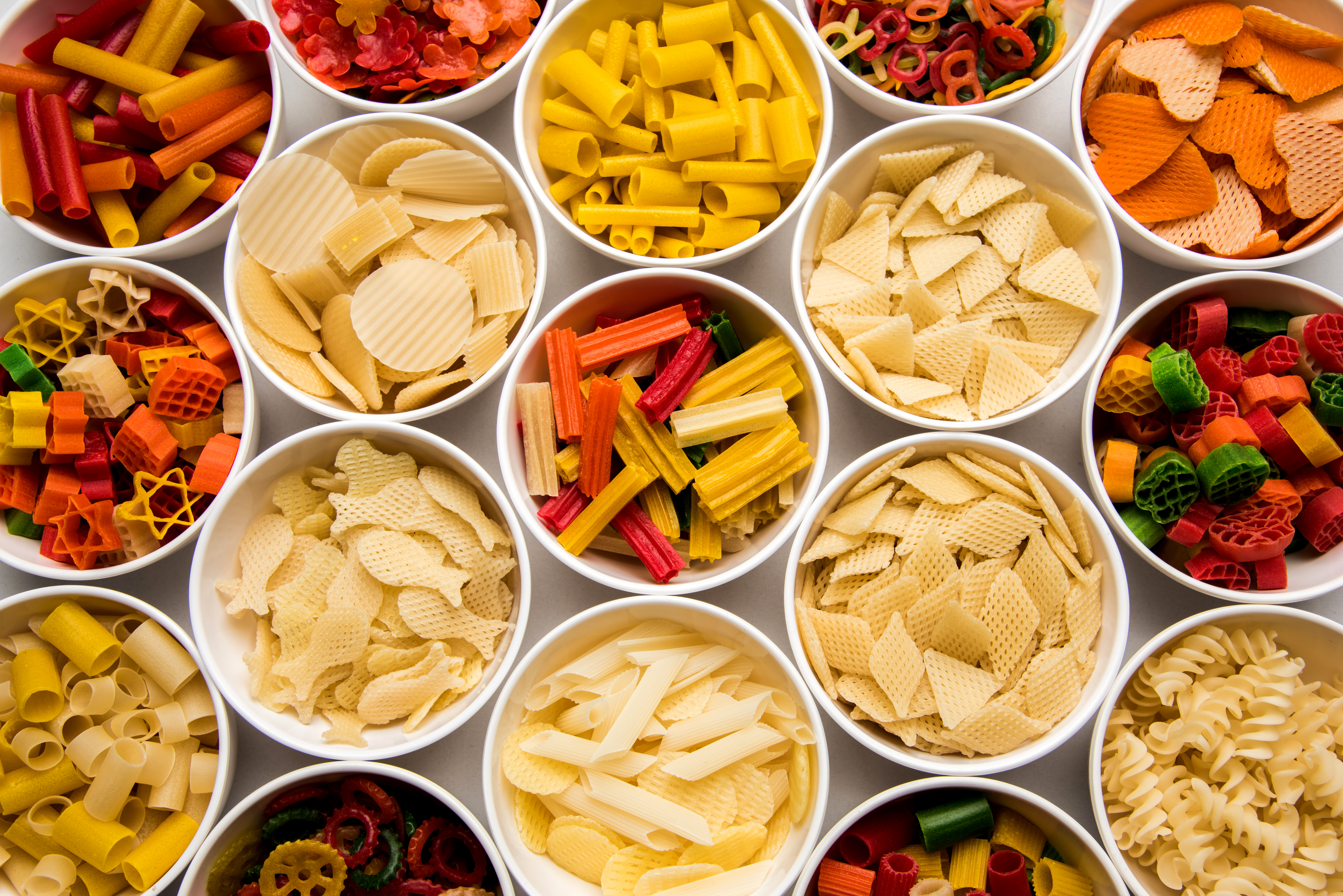
Prepackaged snacks are ready-to-eat food items like protein bars, gourmet popcorn, or artisanal chips, sold in retail stores or online.
From protein bars to gourmet popcorn, the packaged snack industry is booming. Health-conscious consumers and busy professionals are driving demand for convenient, ready-to-eat options.
With good branding and compliance with food safety regulations, you can sell through local retailers, online stores, or even subscription boxes.
Homemade jams and jellies

Homemade jams and jellies are fruit-based spreads made in small batches, often with unique flavors like spicy peach or lavender blueberry.
Artisanal foods are making a strong comeback—and homemade jams, preserves, and marmalades are at the top of the list. If you have a secret recipe, this niche could turn into a sweet business.
Focus on seasonal ingredients, small batches, and natural preservatives to attract health-conscious buyers.
Organic foods
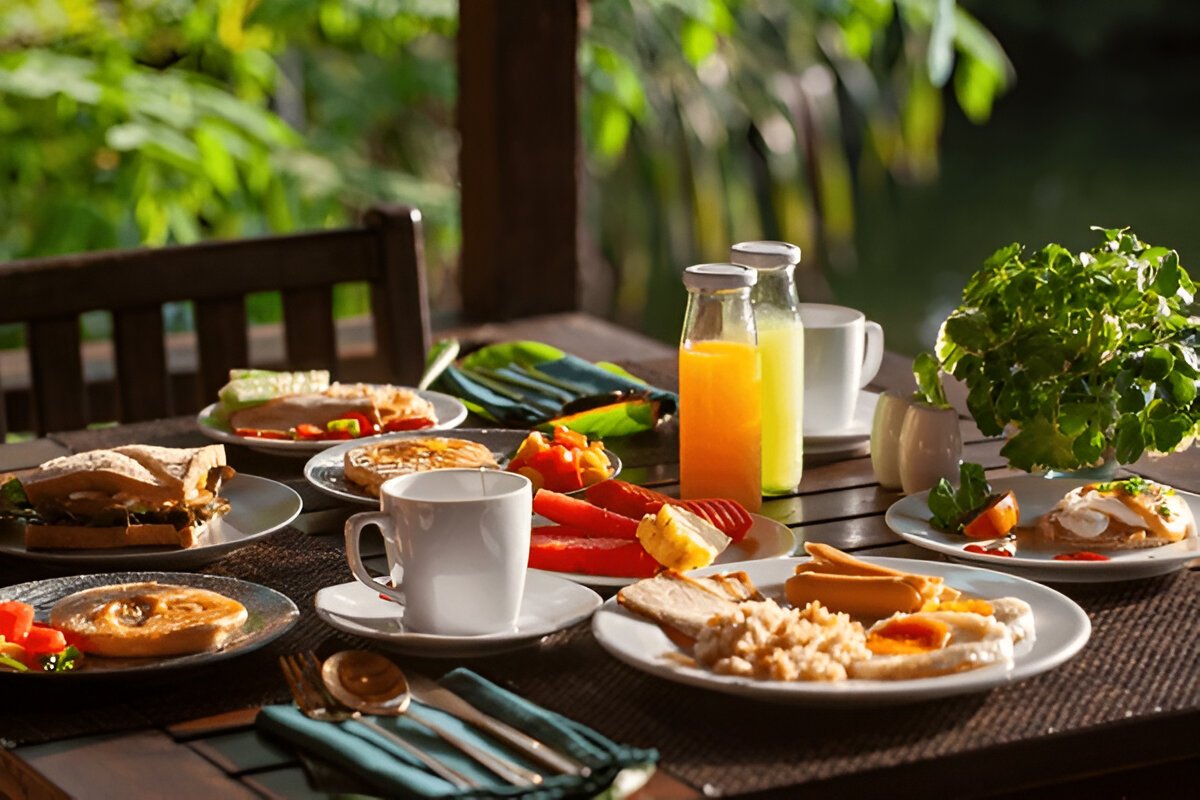
Organic foods are products grown or made without synthetic pesticides, fertilizers, or GMOs, appealing to health-conscious consumers.
The organic food movement isn’t just a trend—it’s a lifestyle. Consumers are increasingly looking for non-GMO, pesticide-free, and farm-fresh items.
This business could range from organic produce delivery to organic snacks or beverages. Tie up with local farmers or start a small-scale urban farm if you have space.
Wine, beer, and spirits

Wine, beer, and spirits refer to alcoholic beverages produced through fermentation (wine, beer) or distillation (spirits), often crafted in small batches for premium markets.
Craft beverages are enjoying their moment in the sun. If you have a passion for brewing or distilling, starting your own craft wine, beer, or spirit brand could be a fantastic opportunity.
With licenses, proper safety protocols, and a creative branding strategy, you can carve out a niche in the booming alcohol industry.
Build a craft brand with Liquor Delivery Solutions for seamless online sales. Creative branding thrives in the premium beverage market.
Homemade Food Business

A homemade food business is a type of small-scale food venture where individuals prepare and sell meals, snacks, or other edible products directly from their home kitchen. These businesses typically focus on fresh, hygienic, and often traditional or specialty food items that cater to local demand or niche dietary preferences.
The homemade food business has seen tremendous growth over the past few years, especially with the rise of social media and hyperlocal delivery apps. You can start small by offering signature dishes, festive sweets, or regional delicacies. Whether it’s biryani, pickles, parathas, or gluten-free cakes, your home kitchen could become your most powerful business tool.
Grow your homemade food business with our Home Cooked Food Delivery.
Tips for Launching a Successful Food Business in 2025
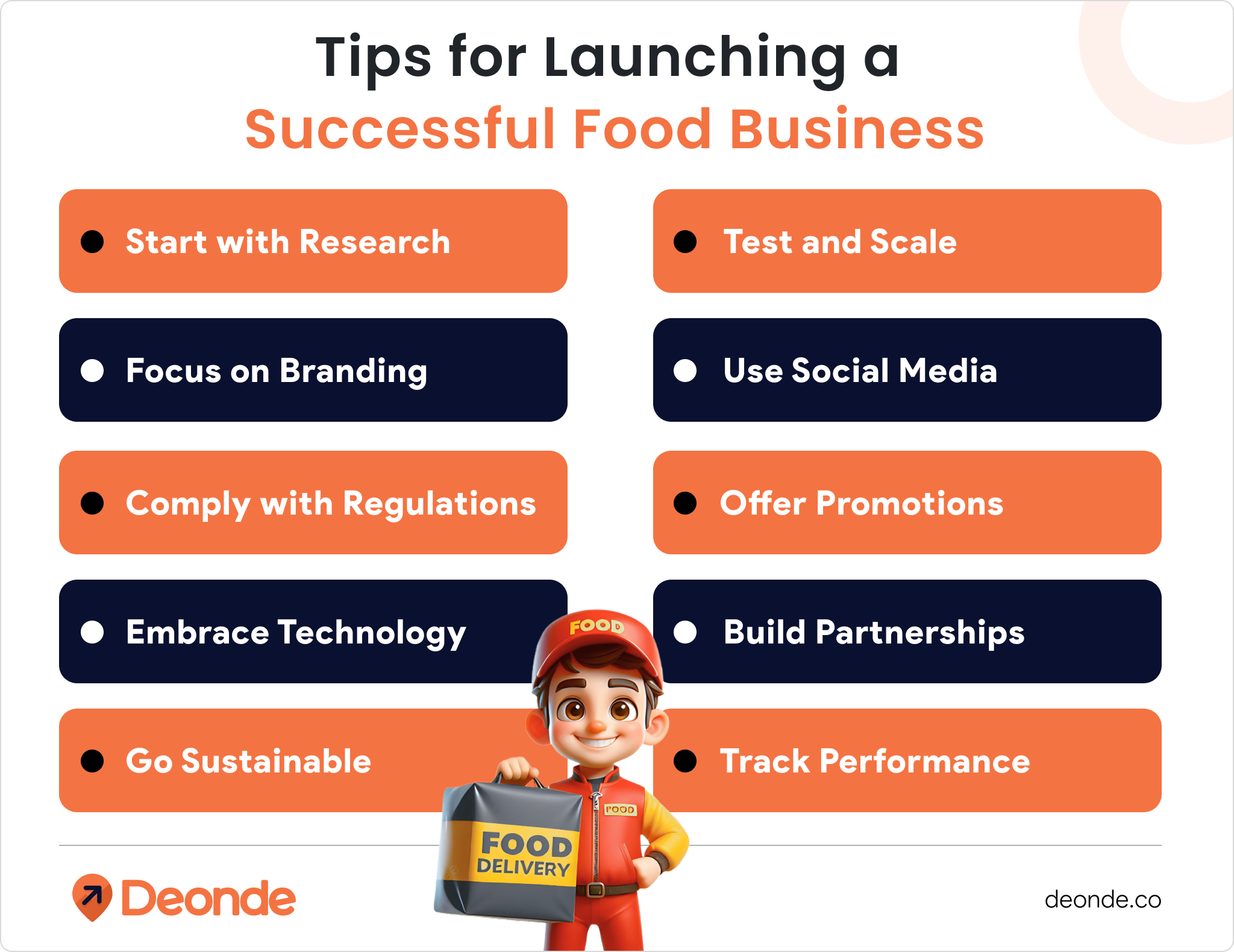
Starting a food business is exciting—but in today’s fast-paced, tech-driven world, it also requires strategic thinking and preparation. Whether you’re launching a tiffin service from your kitchen or setting up a gourmet food truck, these tips will help you start smart and grow confidently in 2025.
1. Start with Research
Before investing time and money, it’s essential to understand your local food market thoroughly. Research current food trends and analyze what customers in your area want. This will help you spot gaps that you can fill with your unique offerings.
Use tools like Google Trends and social media platforms to see what people are searching for and talking about. Also, study your competitors carefully to identify opportunities where your food business can stand out and attract customers.
2. Focus on Branding
Your brand is much more than a logo or business name—it’s the overall personality of your food business. Creating a consistent look and feel across your logo, packaging, website, and social media helps customers recognize and remember you.
A strong brand connects emotionally with your audience, building trust and loyalty. When your brand tells a clear, relatable story, customers are more likely to keep coming back and recommend you to others.
3. Comply with Regulations
Food safety is a top priority for any food business. Make sure you secure all necessary licenses and permits required by your local authorities. Following proper health and hygiene guidelines protects your customers and your business reputation.
Being fully compliant also reduces the risk of fines or shutdowns. It builds customer trust, showing that your food business cares about safety and quality, which is essential for long-term success.
4. Embrace Technology
In today’s digital world, technology can help streamline your food business operations. Using online ordering platforms allows customers to place orders conveniently, anytime and anywhere.
Incorporate QR codes to offer contactless menus and invest in a POS system to simplify payments and inventory management. These tools improve efficiency, reduce errors, and provide valuable data to make smarter business decisions.
5. Go Sustainable
Sustainability is not just good for the planet but also appeals to today’s eco-conscious consumers. Using eco-friendly packaging reduces waste and shows your commitment to the environment.
Additionally, try to source ingredients locally and minimize food waste through smart planning. These steps help lower costs and create a positive brand image that attracts more customers.
6. Test and Scale
Start small by launching your food business with a limited audience like friends or local community groups. This allows you to gather honest feedback and identify areas for improvement.
Once you’ve refined your products and processes, gradually scale up your operations and marketing efforts. Taking a step-by-step approach helps avoid risks and ensures steady, manageable growth.
7. Use Social Media
Social media platforms like Instagram, Facebook, and TikTok are powerful tools for showcasing your food business. To engage your audience, share high-quality photos, videos, and behind-the-scenes content.
Regularly interacting with your followers by responding to comments and messages helps build a loyal community. Consistent social media presence increases brand awareness and encourages more customers to try your food.
8. Offer Promotions
Promotions like discounts and referral rewards attract new customers and encourage them to try your food. Limited-time offers can create urgency and boost sales quickly.
Implement loyalty programs that reward repeat customers with points, discounts, or freebies. These programs foster long-term relationships, encouraging customers to keep coming back.
9. Build Partnerships
Collaborate with local gyms, offices, or event organizers to expand your reach. These partnerships can provide steady orders and introduce your food business to new audiences.
Partnering with trusted local businesses also builds credibility and can lead to joint marketing opportunities, increasing your brand’s visibility and customer base.
10. Track Performance
Use analytics tools to monitor your sales, customer feedback, and social media engagement. Understanding these metrics helps you see what works well and what needs improvement.
Regularly reviewing your business performance enables you to make data-driven decisions, optimize your menu, marketing, and operations, and grow your food business more effectively.
Conclusion
Each of these food business ideas has the potential to generate significant profits while fulfilling your entrepreneurial dreams. The key is to choose a concept that aligns with your skills, passion, and resources. Start with thorough market research, develop a solid business plan, and be prepared to adapt as you learn from your customers.
Remember that the most successful food businesses combine great food with excellent customer service, smart technology use, and effective marketing. Whether you’re starting from your home kitchen or investing in a full-scale operation, the opportunities in the food industry are limitless for those willing to work hard and think creatively.
Whether you’re running a Dine-in restaurant, food truck, cloud kitchen, or tiffin service, Deonde streamlines operations and boosts customer satisfaction With the right tools and determination, your food business could be the next success story in 2025’s thriving culinary landscape.
FAQ:
1. What is the most profitable food business to start in 2025?
A: Profitability depends on your location, skills, and market demand, but cloud kitchens and homemade food businesses are among the most profitable due to low overhead costs and high demand for delivery-based services.
2. What licenses are required to start a food business?
A: You’ll typically need a food service license, health permits, and possibly a business license. Requirements vary by region, so consult your local health department or regulatory authority for details.
3. How do I choose the right food business idea for me?
A: Consider your skills, budget, and market demand. If you love cooking, a homemade food business or catering might suit you. If you prefer mobility, a food truck could be ideal. Research your local market to find gaps.
4. How can technology help my food business grow?
A: Technology like online ordering platforms, POS systems, and QR code menus streamlines operations, improves customer experience, and provides data for better decision-making. Tools like Deonde can simplify setup and management.

